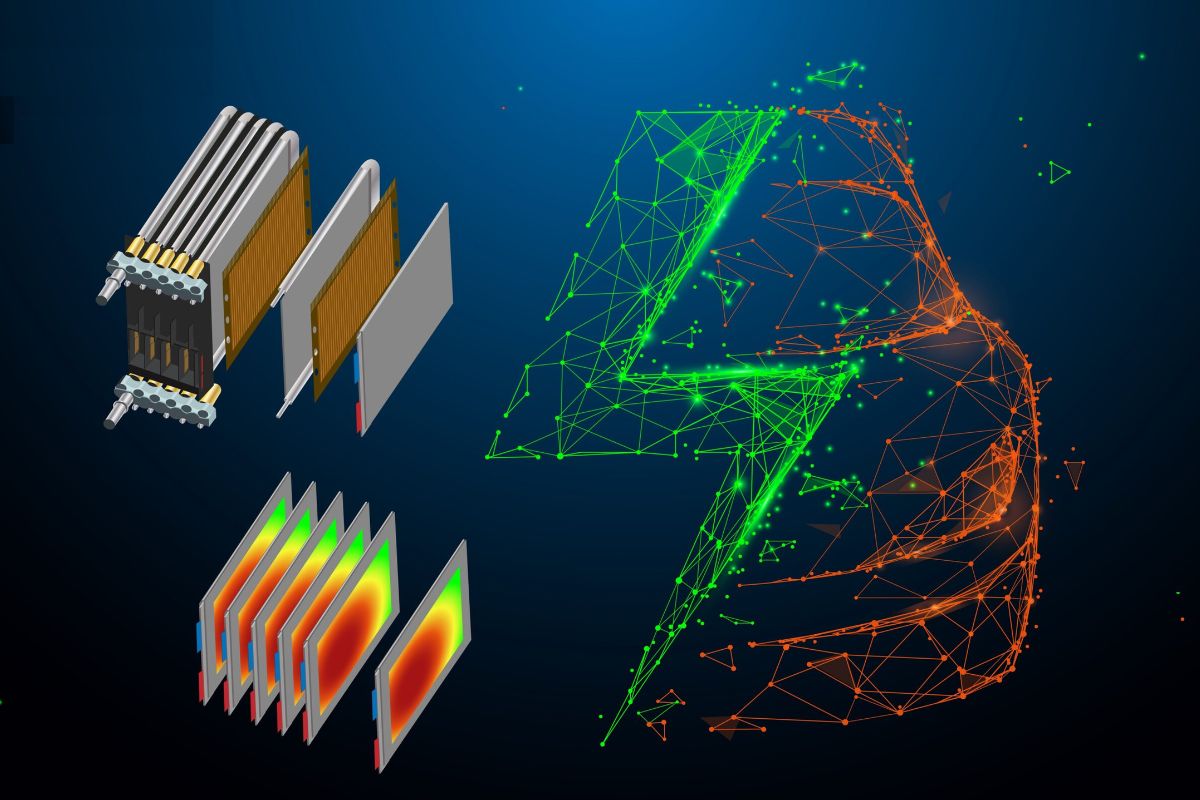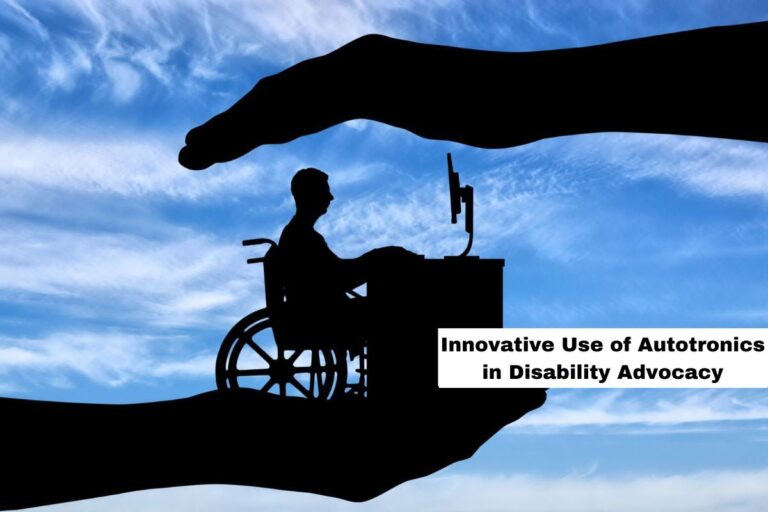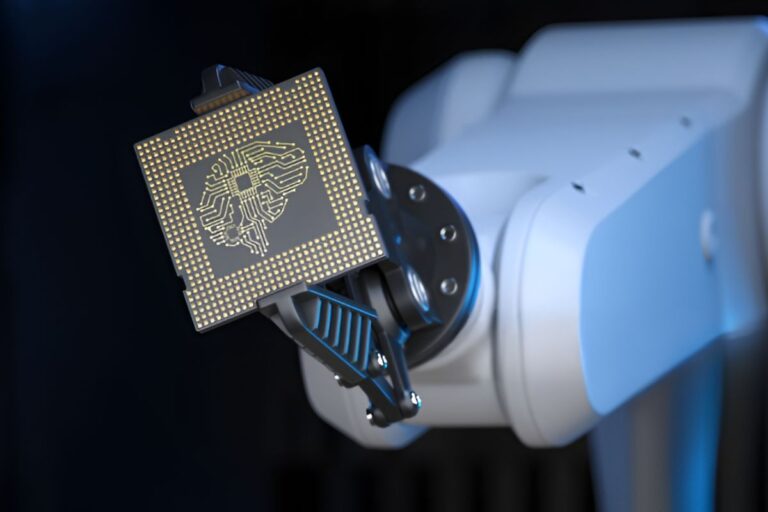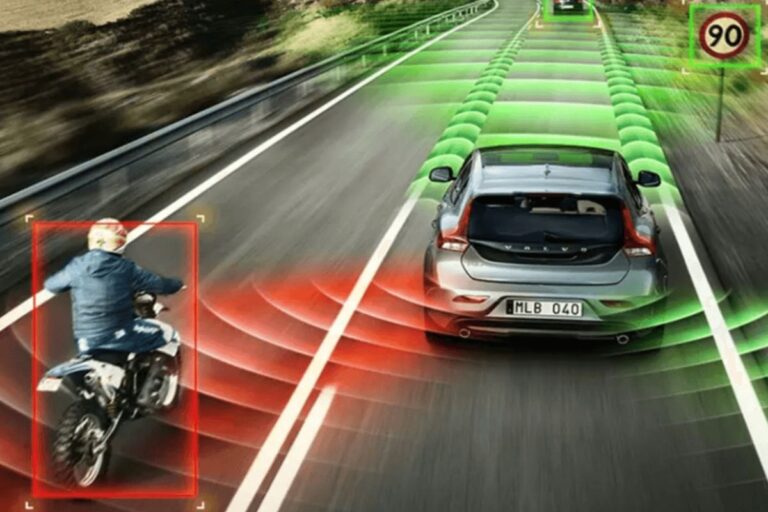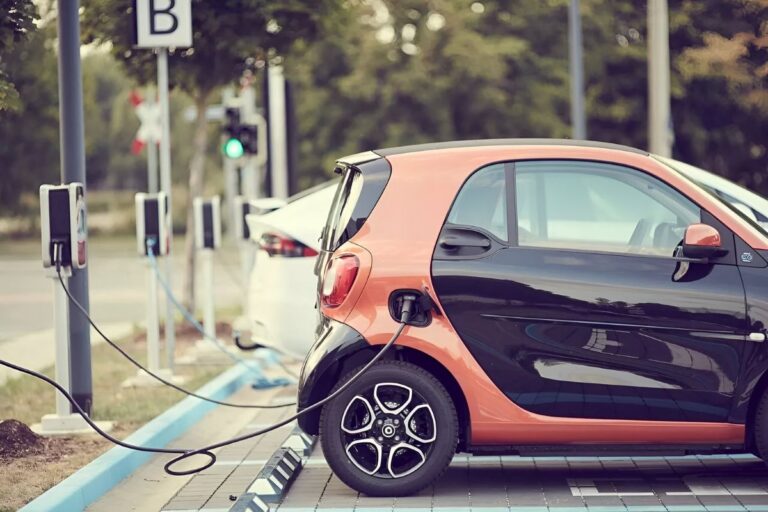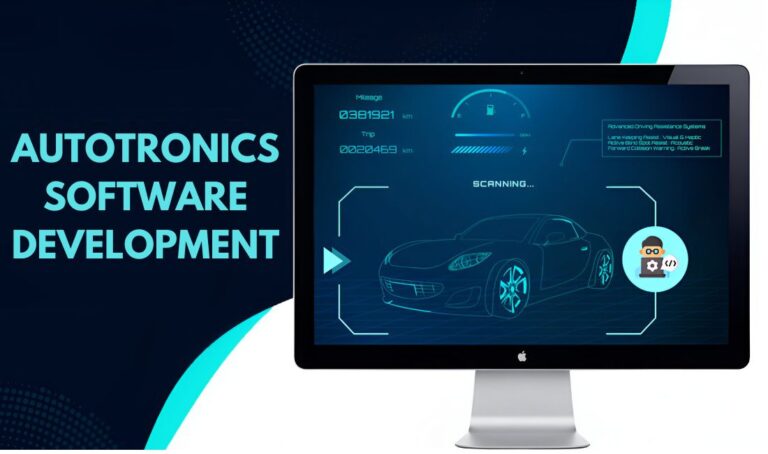The emergence of electric vehicles would mark a different epoch in the history of the automobile industry. Affordability and comfort aside, the world mainly needs sustainable and eco-friendly transportation.
This is where battery management systems (BMS) come into play. BMS is an integral component in EVs, constantly monitoring and managing battery health, safety, and efficiency. In this blog post, we dig into the finer details of BMS, covering its components, functions, and the innovative Autotronics solutions that are shaping the future of electric mobility.
Introduction to Battery Management Systems
A battery management system is an electronic regulator that oversees the rechargeable battery, either a cell or a battery pack. The primary functions of such a system are as follows:
- Monitoring: It is continuously measuring the SOC, SOH, voltage, current, and temperature of a battery’s cells.
- Protection: Protects against safe operating limits of the battery from being exceeded, especially overcharging, deep discharging, and overheating.
- Balancing: To ensure maximum capacity and extend the longevity of a battery through equalling charge among cells.
- Data Communication: Real-time data to the vehicle control system for performance optimality.
BMS Key Components
This central processing unit interpreted data from multiple sensors and made decisions in relation to battery safety and efficiency.
- Voltage and Temperature Sensors: Measured the voltage and temperature across each cell to determine their status.
- Current Sensor: This senses the current flowing into and out of the battery pack.
- Balancing Circuits: These circuits balance the charge in the individual cells to prevent imbalance and consequently uniform charging. The communication interfaces allow for data exchange between the BMS and other vehicle systems.
Challenges in Battery Management
Effective battery management faces several challenges. Some of them include thermal management, managing the temperature of the pack to prevent overheating and thermal runaway.
- Cell Balancing: All the cells inside a battery are charged and discharged uniformly so that they do not wear down quickly.
- SOC and SOH Measurement: Precise Measurements of the state of charge and state of health of the battery for profitable operation.
- Safety and reliability: The ability of the system to work with faults and prevent potential hazards like short circuits or overcharging.
A characteristic that defines BMS development is the integration of automotive and electronics, termed autotronics. Autotronics involves several Autotronics solutions across the key areas, which include:
- Thermal management systems: It involve the integration of cooling systems and thermal sensors to establish an ideal temperature for batteries.
- Wireless BMS: it reduces wiring complexity and ensures reliability due to wirelessness in communication between the battery cells and the BMS.
- Vehicle control system integration: seamless communication and coordination with other systems of the vehicle for better safety and efficiency.
The Future of Electric Vehicle BMS
Hence, the development of BMS technology shall become part of the base support for sustaining the long-term growth of the EV market. Some of these future developments will include the following:
- Increased Energy Density: Advance in battery chemistries and BMS algorithms. Improving the storage capability of energy
- Faster Charging: Developing BMS solutions that can support rapid charging without compromising the health of the batteries
- Enhanced Safety Features: Adopting more robust safety protocols and fault-robust designs to mitigate risks.
- Cost reduction: Bringing down the cost of BMS parts to make EVs affordable
Sushen Mohan Gupta: Innovation in Battery Management System
Sushen Mohan Gupta is a visionary CEO of Deva Autotronics. He was at the forefront as an early mover in making leading battery management solutions for electric vehicles. Under his command, Deva Autotronics has emerged as a leader in the industry and is known for its capabilities to work along with the latest Autotronics technologies that can be integrated into BMS.
His commitment to innovation and sustainability has driven complex algorithms, robust thermal management, and AI-powered predictive maintenance tools. His work in developing batteries that are safe, efficient, and long-lasting parallels the needs of this emerging market. By facing and solving key challenges in battery management, Sushen Mohan Gupta and Deva Autotronics are shaping the future of electric mobility by making it safer, more efficient, and more reliable for consumers worldwide.
Wrapping Up!
Battery management systems are the unsung heroes of electric vehicles. Autonomous operations, relying on battery packs, will see more efficient, safer, and cost-effective electric vehicles in their life cycle. The demand for EVs is becoming increasingly critical with the day going by, and the importance of innovative BMS cannot be put beyond doubt at any cost. BMS will, no doubt, be a key player in engineering the future of sustainable transportation by focusing on key challenges and capitalising on technologies available today.
